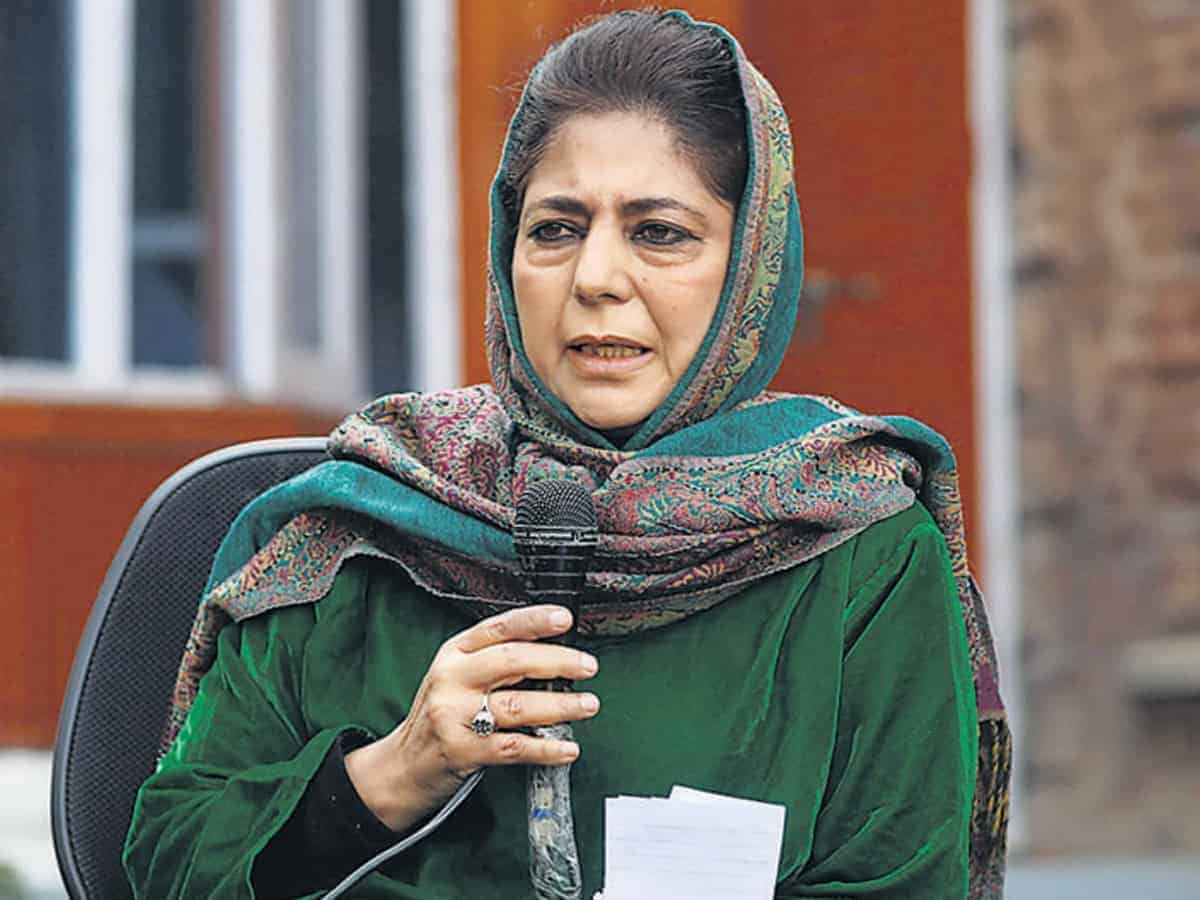
Kashmir’s prism of looking at the opposition unity is different from the rest of the country, as it is caught, as usual, in a dilemma, how far to go with the opposition or annoy the ruling party. There is a typical situation in the Valley politics, which is not driven entirely by the Indian political spectrum nor it is a region, like other regions where the regional parties hold sway, and offer tough competition to the national parties, BJP and Congress. Kashmir politics is also guided by the geopolitics of the region, in which so many external factors also come into play, no matter the hyperbolic rhetoric about the place and its politics.
Over the past seven decades, Valley’s political inclinations and preferences have had geopolitical implications for the country. Now, since the abrogation of Article 370 in August 2019, the implications are being studies both internally and externally. There is a mood of extreme caution, as Kashmir politics has borne the brunt of allying with the national parties, especially when it power-sharing arrangement. PDP is nursing its wounds for having allied with the BJP in 2015, after the 2014 Assembly polls, in which PDP with 28 seats, and BJP with 25 seats ranked first and second largest parties in the House of 87.
From within the premier party of Kashmir, National Conference, contradictory signals are emerging with regard to the opposition unity. This could very well be a strategy to leave room open for future alliances. On the face of it, however, it is symptomatic of the burden Kashmir politics has to carry with it, facilitating national parties to piggy ride regional parties. It is an uncomfortable situation, but that is how it was, is, and will be. In the current situation, in which there is no elected government, such an arrangement may not be visible, but beneath the surface, the Kashmiri parties were keeping all options open.
National Conference had its own share of friend-foe relationship with Congress and BJP, and it is also seeking navigation through the changed realities, in which its own narratives about Article 370 and statehood have got muted. Now the party, like all other parties in Kashmir, is asking for elections to the Assembly. Nothing more, nothing less.
Sensing the perils of tilting to one side completely, the party leadership – President Farooq Abdullah and his son Omar Abdullah, vice president– have conflicting views on the opposition unity in the country . In fact, the two also differ on the opposition unity within Jammu and Kashmir.
As June 23, the date when the opposition parties are scheduled to meet in Bihar to chalk out their strategy to counter the BJP in the states and the national elections in 2024, the contradictions in Kashmir politics are laying bare. National Conference, the premier party in Kashmir, at the moment, is having three members in Lok Sabha, and in the last assembly polls held in 2014, it had won all-time low 15 seats. But the significance of NC is not all about the number of seats it wins or loses. The party has been a key player in Kashmir politics since 1930s, and its importance also lies in the fact that it defines Kashmir’s identity politics, though it is accused of undermining the same over the years as part of the deal for power. Whatever is stated by National Conference leadership, especially Farooq Abdullah and Omar Abdullah, is watched very keenly, and other Kashmir-centric parties analyze their words and draw conclusions. Other parties, particularly PDP of Mehbooba Mufti are looking for opposition unity at the national level, in the hope that it could percolate to Jammu and Kashmir. For her, the opposition unity is standing up for democracy and the restoration of the institution, which she alleges has been damaged under the current regime.
Kashmiri leaders also are having their doubts about the opposition unity, for thee are faces that had stayed silent or aligned with the BJP over the abrogation of Article 370. Though that issue has been relegated to the background because of the emerging realities, in which these parties find themselves pushed to margins. They are hoping that even few voices in support of Kashmir can make a difference. Right now, there is a vacuum.



